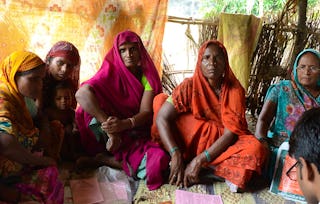This course is part of a Specialization titled “Strategy and Finance for a Lifecycle of a Social Business”. It is an introduction to time value of money and will help the learner understand the basics of finance with the ultimate goal of valuing a company from a societal lens.
The beauty of the modern decision-making framework is that it can be used to understand value creation at any level – the individual, the corporate or nonprofit entity level and from the point of view of society. The applications however become increasingly complex as your lens expands from the individual to the corporate/nonprofit to the global society. In this Specialization we will therefore focus on understanding the frameworks and tools that an individual and an entity (a startup or an established corporation, private or public) can use to understand value enhancing decision-making. There are two building blocks of decision making – time value of money and risk. In this second course, we will use the same framework developed in the first course to evaluate decision-making by entities – businesses – to create value. We will realize how the evaluating value from the lens of multiple stakeholders is inherently more complex. You are also encouraged to think from a societal standpoint because that, ultimately, is the difference between a social and a private business. The societal perspective is the most complex and market prices are typically not available for both the benefits and costs. As indicated at the outset, the beauty of modern frameworks and tools of analysis is that they are logical and do not change depending on the purpose of business. However, to demonstrate social impact is very complex because prices for both the public good, and any harm created by our actions, are not available. It is also very challenging to determine the incremental effect of a business on society at large. The combination of these issues makes all social impact and value specific to a business, making it even more important to use the same frameworks and tools developed in this Specialization to value any business.

















